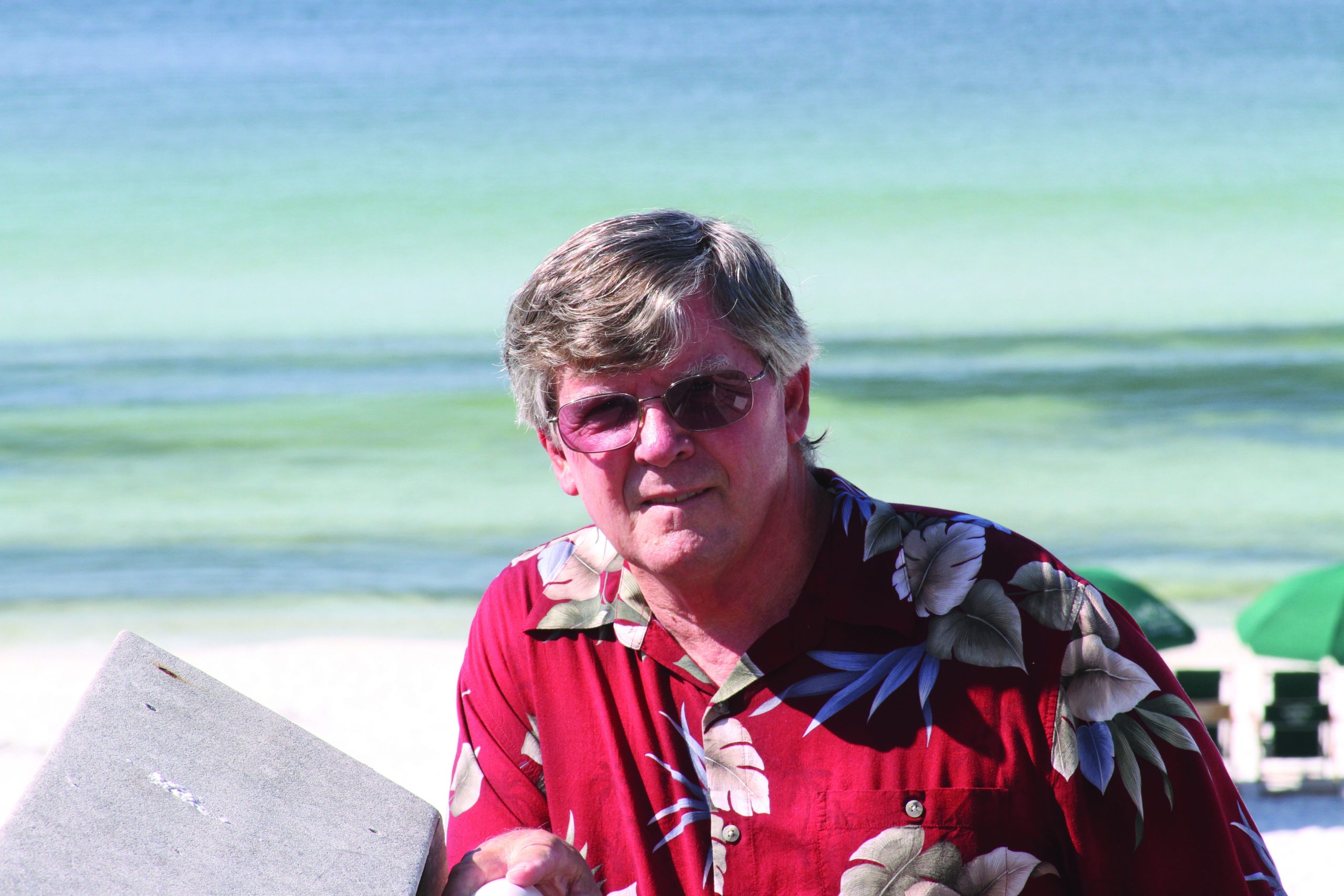By Hardy Jackson
A while back, my buddy Art, who lives down the street, made a personal contribution to my research. Cleaning out old books, she found a copy of Boom, and gave it to me. Compiled by Joel Makower, Boom is a collection of trivia about Baby Boomers, the largest demographic blip in American history and the generation that made the Age of Aquarius what it was.
At the outset, let me say that I am not a Baby Boomer. I am a War Baby. By the time returning servicemen began the Boom, I was two years old. When the last of the Boomers was born, I was entering my teens. But my world was shaped by them, so what they did and was done for them, I often did and had done for me as well.
Now, I suspect that most of you who were born in the Boom and came of age in the 1950s and 60s will hardly be surprised at the changes brought on by your generation.
I wasn’t.
Take music. The list of popular songs picked by the class of 1952 in my high school could have been picked by their parents – swing, Big Band, jazz and Dixieland, crooners and smooth quartets. Flash ahead to what the class of 1962 listened to – Chuck Berry, the Everly Brothers, Little Richard and, of course, Elvis. Meanwhile, waiting in the wings to drive parents over the edge were the Beatles and the Rolling Stones.
But that’s old ground that has been gone over so many times that even back in 1985 when Boom was published, the response was likely, “so what.”
On the other hand, buried down in all the trivia I found some stuff that was interesting – at least to me.
In 1985, the youngest Boomers were turning 30 and according to a popular saying of the 60s, not to be trusted. The oldest were creeping into their 40s – ‘nuff said.
When polled, this generation was pessimistic. Since 1975, they had been battered by a stagnant economy and held back by the sheer number of Boomers competing for jobs. The belief was widely held that they would never achieve the financial success their parents enjoyed and that the standard of living which they had been accustomed to as children was out of their reach as adults.
Maybe their pessimism was justified, but when I thumbed through all the things accomplished by Boomers, the list is impressive, and not just in popular culture.
From race relations to health care, from public safety to politics, Boomers made a difference.
Think about it.
Boomers took on big tobacco, got cigarette advertising off TV and warnings put on tobacco packages.
Boomers took on the auto industry and got safety standards.
Boomers took on polluters and got the Clean Air Act.
Boomers took on two presidents, causing one to decide not to run for re-election and one to resign.
Under Boomer pressure in 1974, child-resistant safety caps were required on prescription drugs. Although older boomers will complain that this made it difficult for them, it also meant that in the two decades after they were introduced, accidental poisoning of children under five dropped 45 percent. That is 460 children given a chance to grow up and get to know their Boomer parents and grandparents.
Which brings us to sex, a subject Boom dwells upon in detail.
As well it should, for as much attention has been paid to how Baby Boomers changed American sexual attitudes as has been paid to the way they changed the nation’s musical tastes.
However, down deep in all the trivia, I discovered one instance in which an attempt by the “older generation” to use sex as a political weapon resulted in a change whose repercussions are still being felt today.
In 1964, Congress was debating what would be the Civil Rights Act – a law that Boomers will champion in years to come.
Title VII of the proposed legislation prohibited discrimination on the basis of race, religion, and national origin. A representative from Virginia who opposed the bill got “sex” added to the list. This, it is generally believed, was a maneuver calculated to kill the whole thing.
It didn’t.
The bill passed and from that day hence efforts to eliminate discrimination on the basis of gender is a cause embraced by Baby Boomers.
They are not done yet. As the youngest Boomers now turn 60, new challenges await.
I wonder what they will do next?
Harvey H. (“Hardy”) Jackson is Professor Emeritus of History at Jacksonville State University. He can be reached at hjackson@cableone.net.

